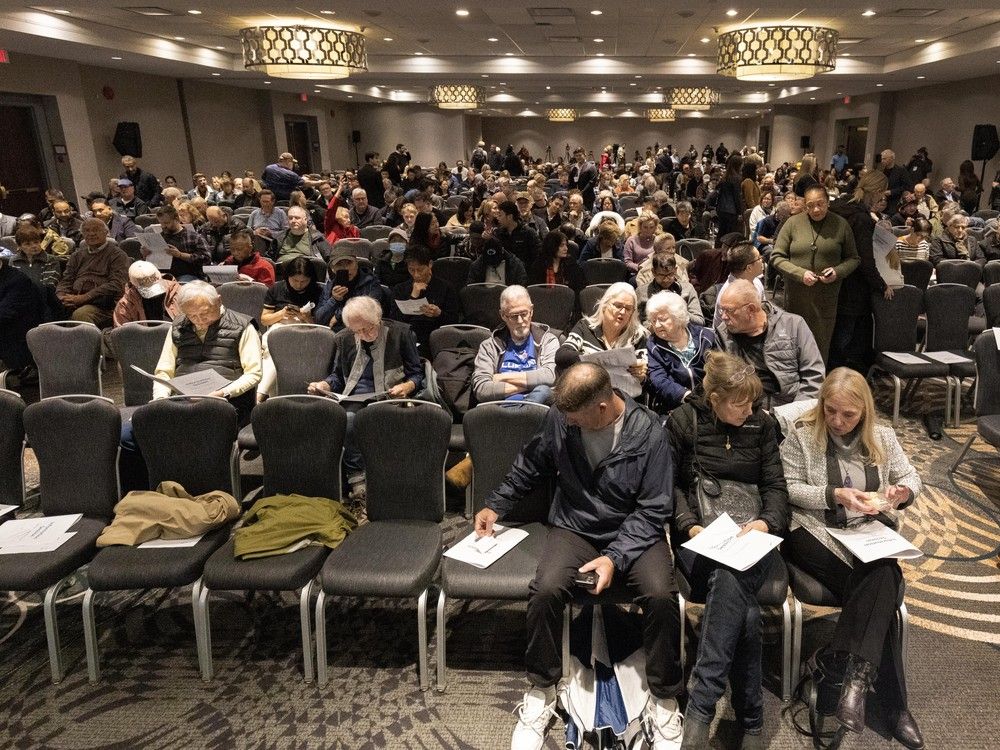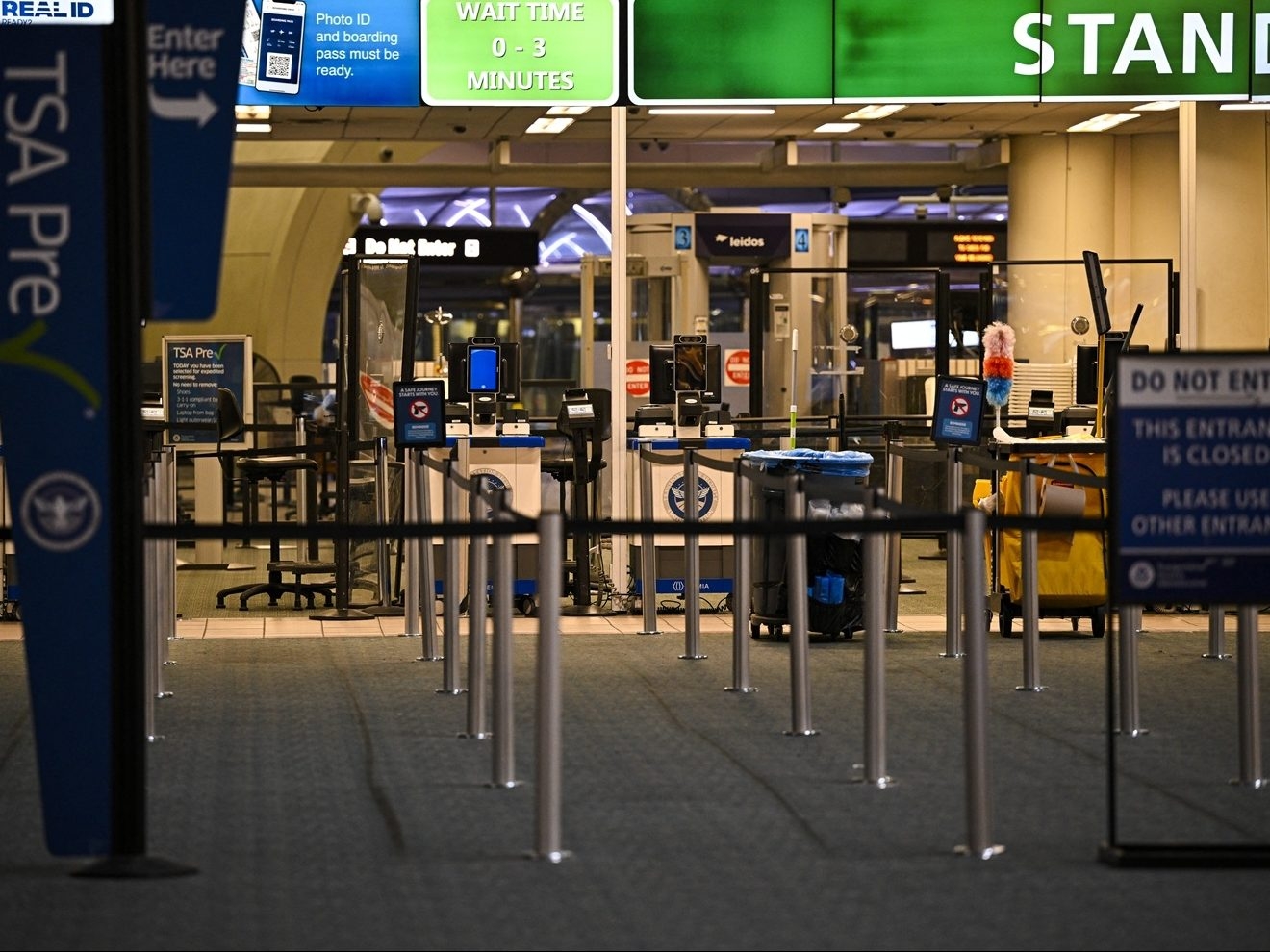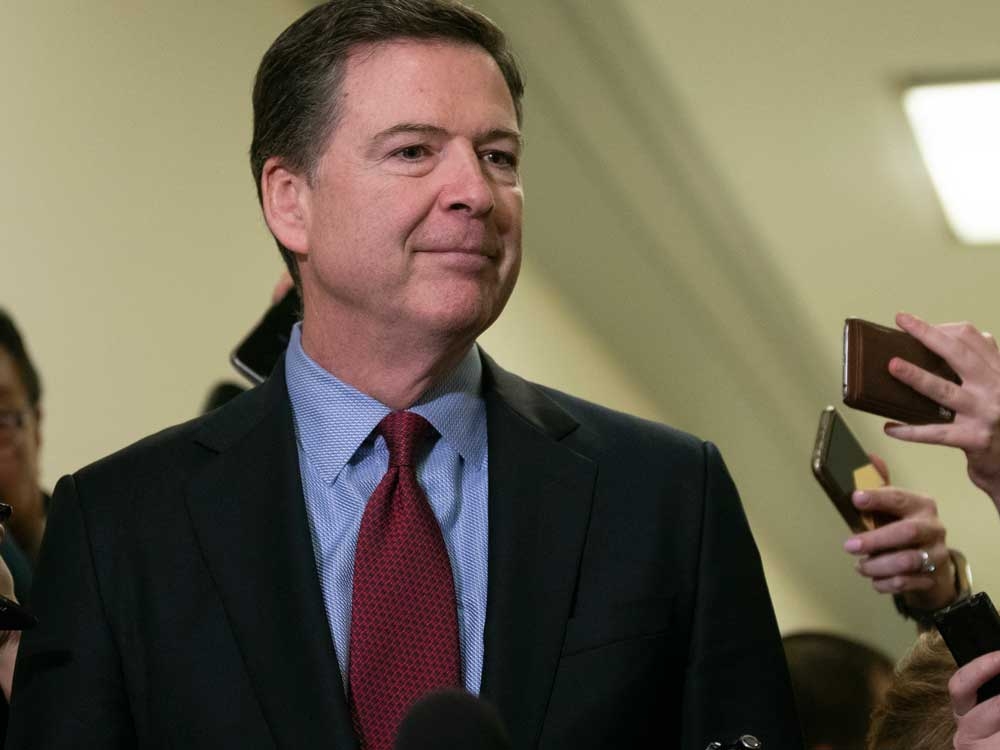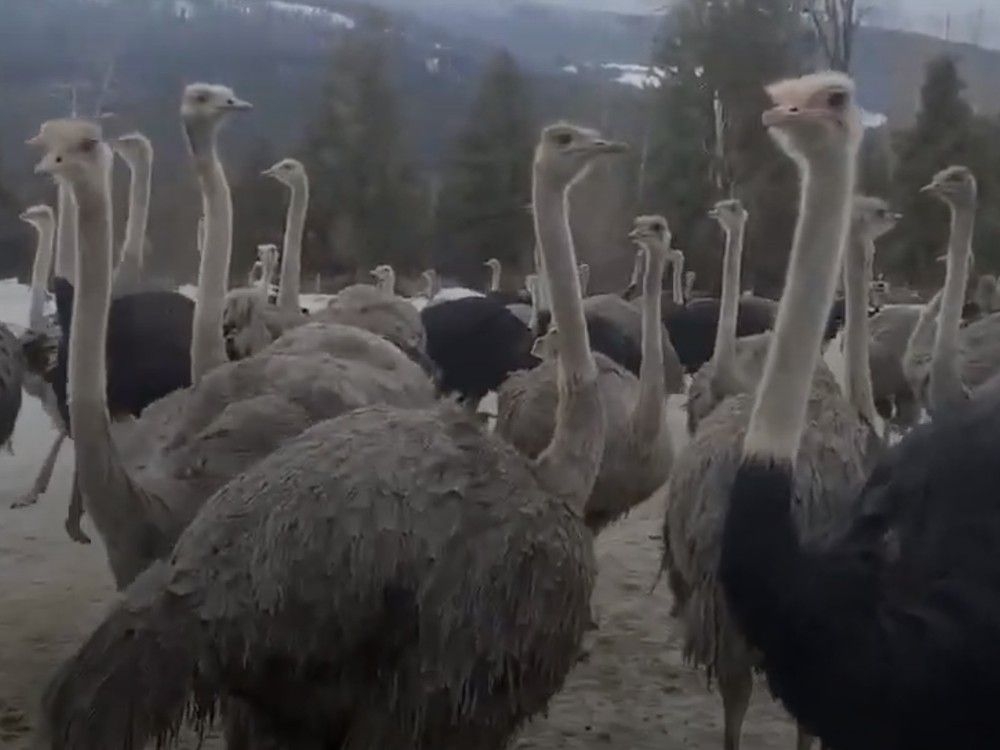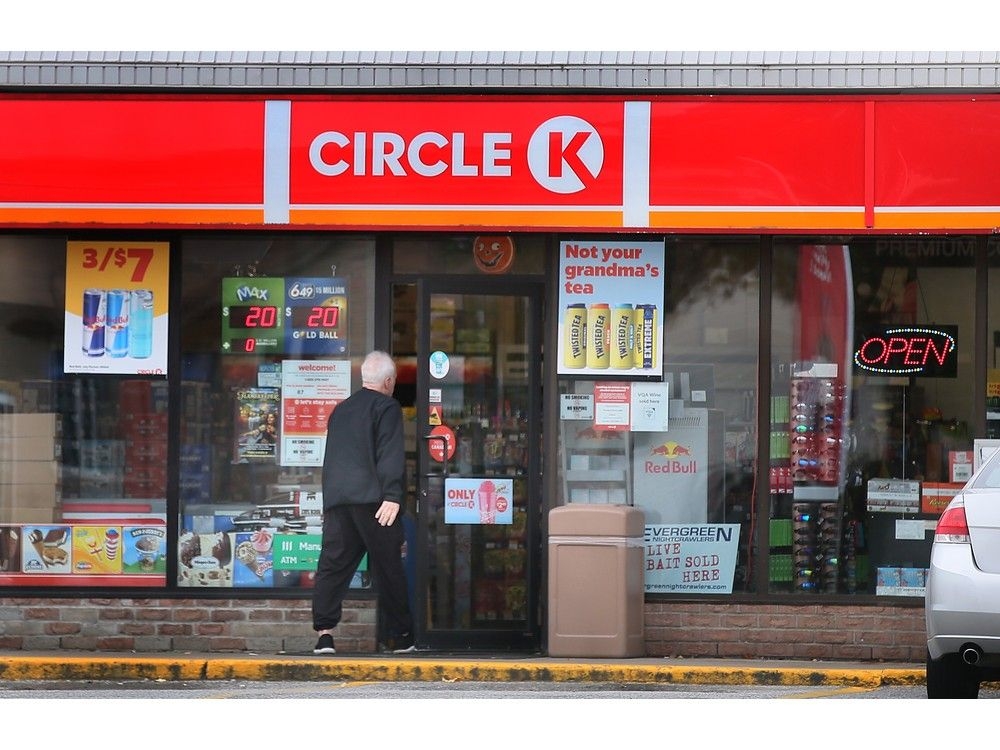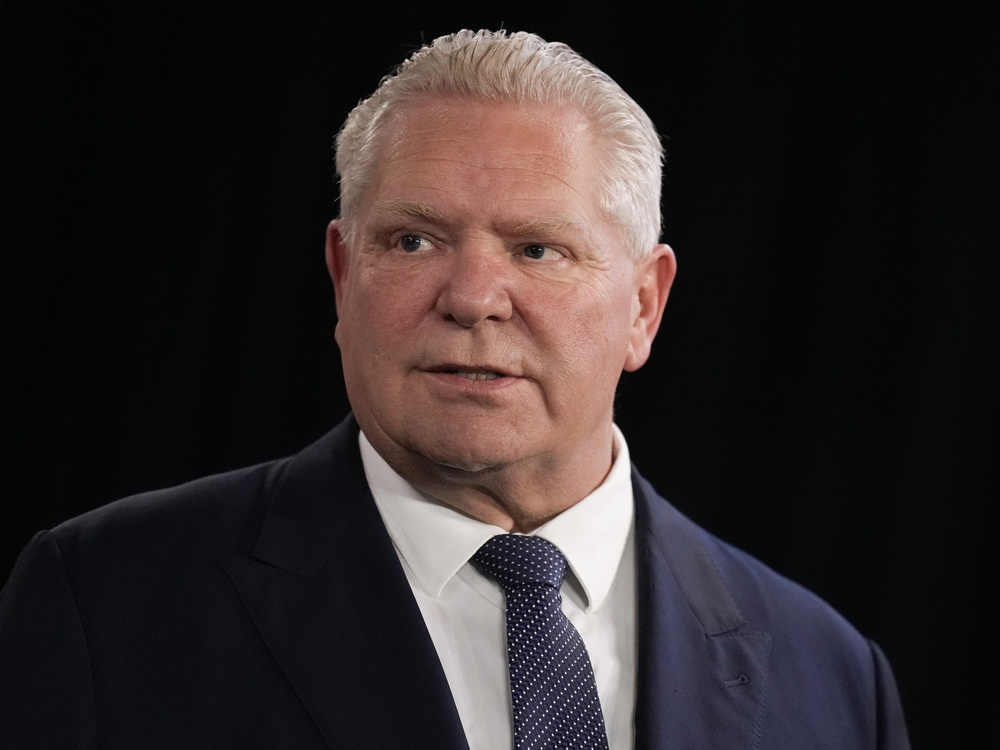A shadow of uncertainty has fallen over property ownership in British Columbia, sparked by a recent Supreme Court decision recognizing Aboriginal title. Premier David Eby addressed the growing anxieties, stating plainly that the ruling casts doubt on the validity of existing private land claims in a portion of Richmond. He didn’t shy away from the potential consequences, acknowledging the gravity of the situation for homeowners.
The court’s decision, Eby explained, fundamentally questions the original Crown grants upon which private property titles are based. While emphasizing that current ownership isn’t immediately threatened – banks aren’t refusing loans, and properties remain legally registered – he warned against complacency. He admitted that, as a property owner himself, he would be deeply concerned by the implications of the ruling.
Eby insisted his candor isn’t intended to instill fear, but rather to prepare British Columbians for a complex and challenging path forward. He believes open discussion is crucial, even if it means acknowledging that reconciliation isn’t a simple process of “roses and rainbows.” The premier stressed the responsibility lies with the government to clarify the situation and protect property owners.
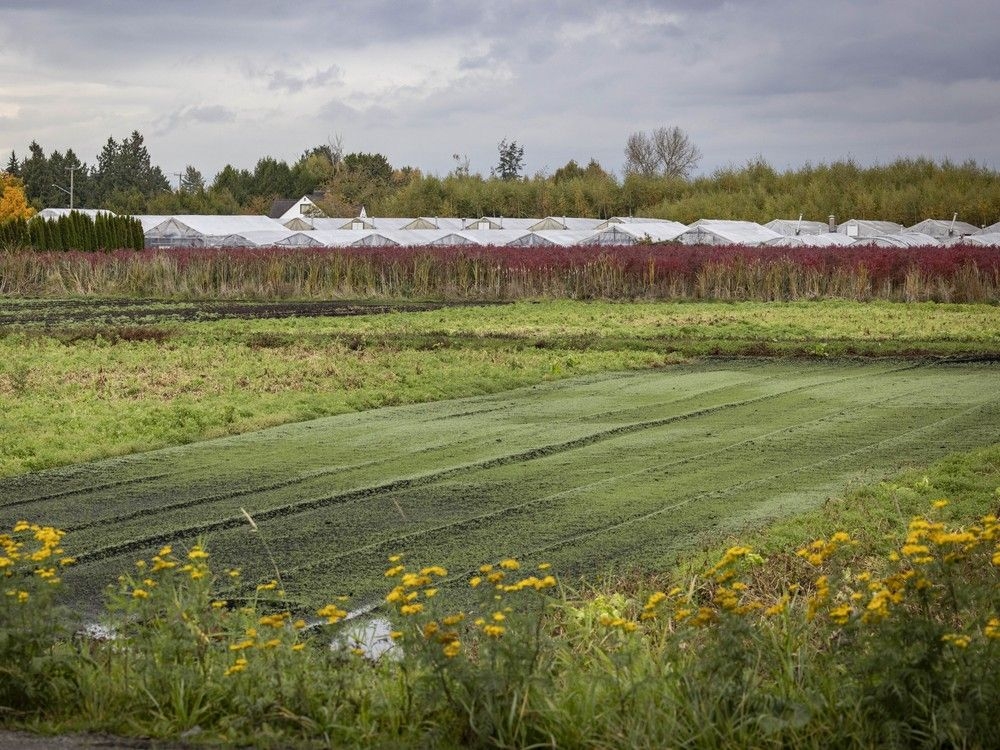
However, the Cowichan Tribes, who achieved the landmark title recognition, have publicly stated they have no intention of displacing landowners. This crucial detail was notably absent from the Premier’s initial statements, raising questions about the framing of the issue. The focus, according to the Tribes, should be on the Crown’s duty to reconcile Aboriginal title, not on individual property owners.
The province is now preparing to appeal the Supreme Court decision, citing “serious errors” in the judge’s reasoning. A key point of contention is the court’s assertion that landowners wouldn’t be affected by any imposed remedy, a claim the government disputes. The appeal will be a critical step in defining the scope and impact of the ruling.
Indigenous leaders are hoping the Cowichan decision will breathe new life into the stalled B.C. Treaty process. While past assurances suggested private property wouldn’t be part of treaty negotiations, the Premier conceded that land purchases from willing sellers sometimes occur as part of these agreements. However, the potential cost of acquiring affected land in Richmond could reach hundreds of millions, or even billions, of dollars.
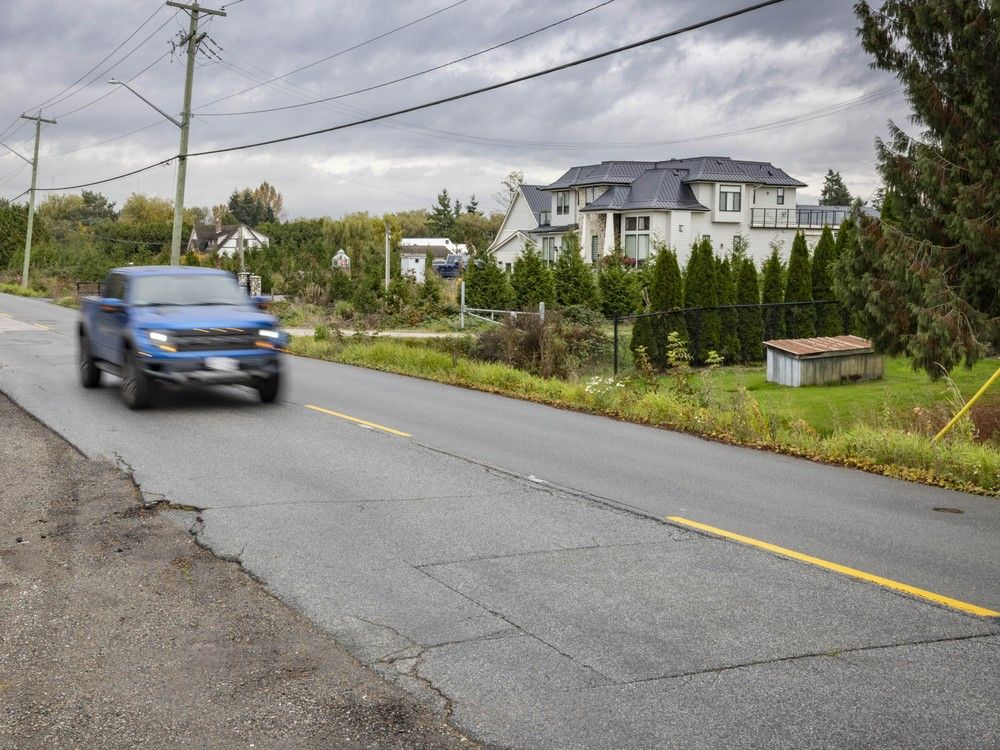
The situation is further complicated by other, similar claims already underway in B.C. courts, including a case brought by the Secwépemc Nation claiming vast territory encompassing Kamloops and Sun Peaks. Questions are being raised about the extent of these hidden legal challenges and the potential for further disruption to property rights.
As the province and Indigenous Nations prepare for further discussions, the future of land ownership in British Columbia hangs in the balance. The coming months will be pivotal in determining how this complex legal and historical challenge is addressed, and what it means for the generations to come.
